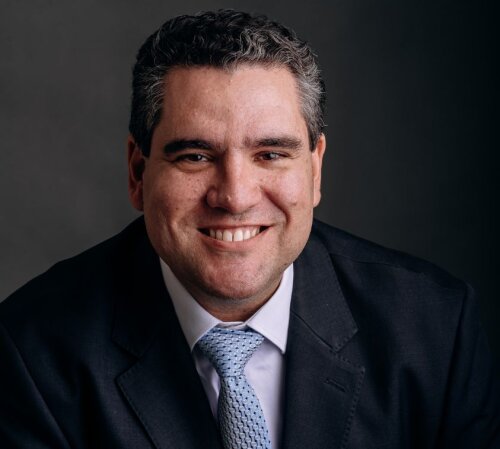Best Nursing Home Abuse Lawyers in Brazil
Share your needs with us, get contacted by law firms.
Free. Takes 2 min.
Or refine your search by selecting a city:
List of the best lawyers in Brazil
About Nursing Home Abuse Law in Brazil:
Nursing home abuse is a serious issue in Brazil that affects vulnerable elderly individuals who are receiving care in long-term care facilities. This type of abuse can come in many forms, including physical, emotional, psychological, financial, and sexual abuse. It is important for individuals to be aware of their rights and legal options if they suspect that a loved one is being abused in a nursing home.
Why You May Need a Lawyer:
If you suspect that a loved one is being abused in a nursing home, you may need a lawyer to help you navigate the legal process and seek justice for the victim. A lawyer can provide guidance on how to gather evidence, file a complaint, and pursue legal action against the responsible parties. Additionally, a lawyer can help you understand your rights under Brazilian law and ensure that the victim's rights are protected throughout the legal proceedings.
Local Laws Overview:
In Brazil, nursing home abuse is governed by various laws and regulations at the federal, state, and municipal levels. The Brazilian Civil Code, as well as specific laws and regulations related to elder abuse and healthcare facilities, may be relevant to cases of nursing home abuse. It is important to consult with a lawyer who is familiar with Brazilian law and has experience handling nursing home abuse cases to ensure that your rights are protected.
Frequently Asked Questions:
Q: What is considered nursing home abuse in Brazil?
A: Nursing home abuse in Brazil can include physical, emotional, psychological, financial, and sexual abuse of elderly individuals who are receiving care in long-term care facilities.
Q: How can I report nursing home abuse in Brazil?
A: If you suspect that a loved one is being abused in a nursing home, you can report the abuse to the local authorities, such as the police or health department. You can also seek legal advice from a lawyer who specializes in nursing home abuse cases.
Q: What legal options do I have if a loved one is being abused in a nursing home?
A: If a loved one is being abused in a nursing home, you may have legal options to pursue justice on their behalf. This can include filing a complaint with the appropriate authorities, seeking compensation through a civil lawsuit, or pursuing criminal charges against the abuser.
Q: How can a lawyer help in cases of nursing home abuse in Brazil?
A: A lawyer can provide guidance on how to gather evidence, file a complaint, and pursue legal action against the responsible parties. They can also protect the victim's rights and ensure that justice is served.
Q: Are there time limits for filing a lawsuit for nursing home abuse in Brazil?
A: Yes, there are time limits for filing a lawsuit for nursing home abuse in Brazil. It is important to consult with a lawyer as soon as possible to ensure that your legal rights are protected.
Additional Resources:
If you are in need of legal advice or assistance related to nursing home abuse in Brazil, you may consider reaching out to the Brazilian Bar Association (OAB) or the Brazilian Ministry of Human Rights. These organizations may be able to provide you with information and resources to help you navigate the legal process.
Next Steps:
If you suspect that a loved one is being abused in a nursing home in Brazil, it is important to take action to protect their rights and seek justice. The first step is to consult with a lawyer who specializes in nursing home abuse cases to discuss your legal options and determine the best course of action.
Lawzana helps you find the best lawyers and law firms in Brazil through a curated and pre-screened list of qualified legal professionals. Our platform offers rankings and detailed profiles of attorneys and law firms, allowing you to compare based on practice areas, including Nursing Home Abuse, experience, and client feedback.
Each profile includes a description of the firm's areas of practice, client reviews, team members and partners, year of establishment, spoken languages, office locations, contact information, social media presence, and any published articles or resources. Most firms on our platform speak English and are experienced in both local and international legal matters.
Get a quote from top-rated law firms in Brazil — quickly, securely, and without unnecessary hassle.
Disclaimer:
The information provided on this page is for general informational purposes only and does not constitute legal advice. While we strive to ensure the accuracy and relevance of the content, legal information may change over time, and interpretations of the law can vary. You should always consult with a qualified legal professional for advice specific to your situation.
We disclaim all liability for actions taken or not taken based on the content of this page. If you believe any information is incorrect or outdated, please contact us, and we will review and update it where appropriate.
Browse nursing home abuse law firms by city in Brazil
Refine your search by selecting a city.

















